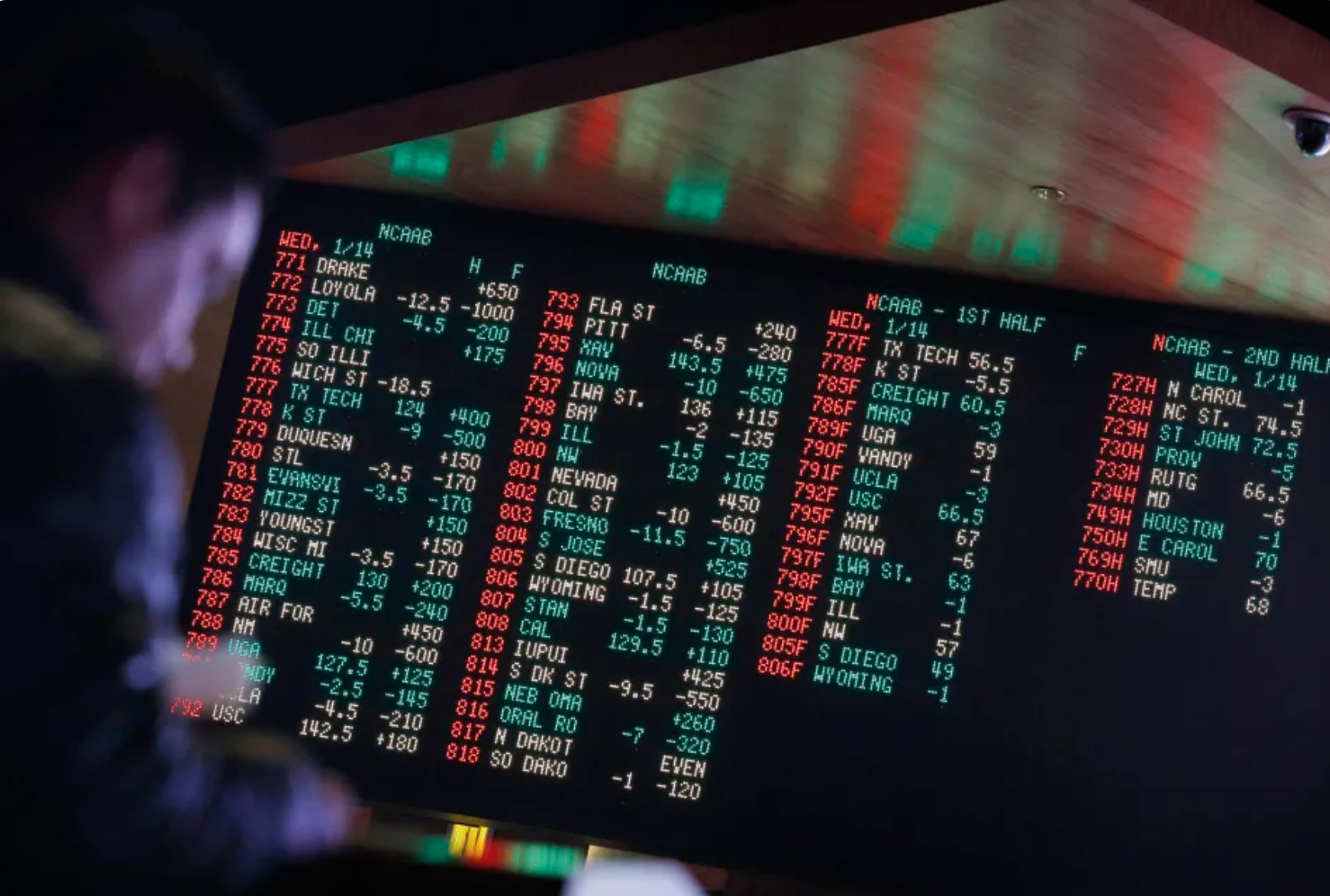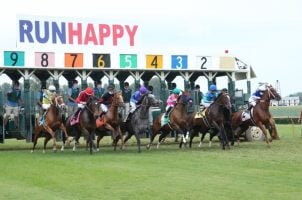Sports Betting Guide — Understanding Juice and Chalk
Posted on: August 5, 2022, 08:00h.
Last updated on: August 4, 2022, 05:28h.
In sports betting talk, “juice” and “chalk” are common terms. Unfortunately, many bettors don’t understand the terms which can lead to lost profit in the long run.

Have you ever heard someone talk about the word “juice,” and the first thing that comes to your mind is apple or orange? What about “chalk?” If your first thought was a blackboard at school with your teacher writing names of presidents on it, don’t feel upset if you were close but not quite there.
You’re not out of the loop if you don’t understand yet, because it can be hard to follow along in the sports betting world when people talk.
Here’s a closer look at what exactly juice and chalk mean in the sports betting world.
Understanding Juice
“Juice” in the betting world can also be known as the “vig.” Whether the term juice or vig is used, it refers to the edge the house gets in taking your bet. Or, in other words juice is the amount charged by a sportsbook for taking a bet. The sportsbook only collects the juice if the bettor loses the wager.
The math behind juice is relatively simple.
When you bet on a “point spread” game, you’ll notice that beside each team, there is likely a -110. This indicates that it will cost you $110 to win $100. So when both teams have a -110 beside them, the sportsbook is winning $10 every time they take a bet on each side of a matchup.
For bettors, this means they have to win at more than 50% to be profitable bettors. The higher the juice, the higher the break-even win rate becomes. Therefore, bettors taking juice of -105 need to win 51.2% of their bets to profit long term. Bettors taking juice of -110 need to win 52.4% of their bets to profit long term, and so on.
The bottom line is that the -110 says that you must pay a 10% fee no matter if you want one team or the other. So this is why it was stated that in the long run, most bettors can’t become winners because on most games, you are paying a 10% fee, and the sportsbook is profiting off that, making it more difficult for the bettor to win over time.
Understanding Chalk
Another common sports betting term is “chalk” or “chalky.”
“Chalk” means someone is a heavy “favorite” in a matchup. The term originates from when sports betting was done on a chalkboard. The odds were written out on the board, just like in school. When bookies took bets, and the favorites were bet more often, things would get erased, updated, and written over. The favorites took the most action and had all the “chalk” on the chalkboard.
The name stuck around and is still used today, despite the computerization of odds.
Now that you’ve learned a few more terms, you can place “units” on games and start keeping track of how you are doing. Thankfully, no chalk is required.
Bet Responsibility
Once you’ve figured out the “money line” and the “point spread” and are ready to bet, you should figure out an amount you are comfortable playing with. But keep a few rules in mind to bet responsibility.
Always play within your means. So when figuring out how much you should wager on a game, you should always have an amount in your mind (or account) that you are ok if you lose. A “unit” compares your win amounts with other bettors while removing money entirely from the situation.
Let’s be honest; each sports bettor has a different bankroll than the person beside them, so this way, you can track your results without a dollar amount attached to it. So if you typically bet $100 a game, then $100 is one “unit” for you. If you bet $25 a game, $25 is one “unit” for you.
This allows you to track your record without tracking dollar figures. It’s fair to say that most casual sports bettors don’t put aside a certain amount and say they will bet with it. They typically bet when they see fit, so it’s always good to pick a typical bet size and stick with that.
Related News Articles
Betfred Launches in Washington State, Warren Moon Completes First Bet
Kenny Alexander Led Group Takes Stake in 888 Holdings
Most Popular
FTC: Casino Resort Fees Must Be Included in Upfront Hotel Rates
Genovese Capo Sentenced for Illegal Gambling on Long Island
NBA Referees Expose Sports Betting Abuse Following Steve Kerr Meltdown
UPDATE: Former Resorts World & MGM Grand Prez Loses Gaming License
Most Commented
-
UPDATE: Whiskey Pete’s Casino Near Las Vegas Closes
— December 20, 2024 — 30 Comments -
Caesars Virginia in Danville Now Accepting Hotel Room Reservations
— November 27, 2024 — 9 Comments -
UPDATE: Former Resorts World & MGM Grand Prez Loses Gaming License
— December 19, 2024 — 8 Comments -
FTC: Casino Resort Fees Must Be Included in Upfront Hotel Rates
— December 17, 2024 — 7 Comments
















No comments yet